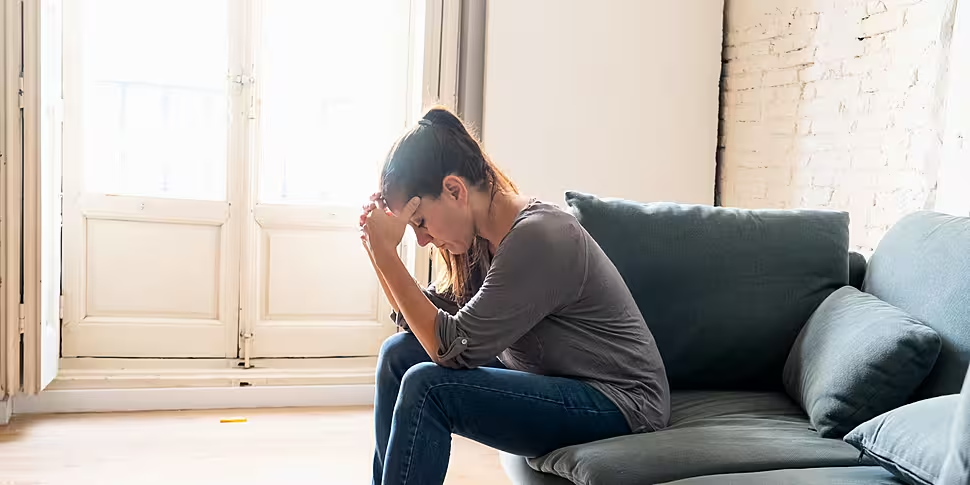Social media content can often “oversimplify” complex mental health problems, a journalist has claimed.
The dawn of the internet age has seen increasing numbers of people doing their own research into their health issues.
However, freelancer Bronagh Loughlin says while it is "amazing" that so many people feel comfortable sharing their experiences online, she also cautioned that social media is not a substitute for real life help from qualified professionals.
“The problem is more so that there isn’t really any advice given [in many social media videos],” she told Newstalk Breakfast.
“Unfortunately because the audience is impressionable they’re relating to that and just self-diagnosing as opposed to going to the professionals to get help.
“There was a big surge of people going to Google for even physical ailments and it’s always dangerous to do it; if you are googling something you tend to go into a bit of a panic and stuff.
“So it is just a lot better to go to the doctor.”
 Doctor takes care of patient and makes entries in medical record
Doctor takes care of patient and makes entries in medical recordCorporate responsibility
She things creators on social media platforms need to take more responsibility for what they are sharing with their followers:
“They need to ask themselves if [the content] is harmful, what they’re influencing, how does it actually help people?” she continued.
During the acute phase of the pandemic, many social media platforms began to rigorously delete content that spread misinformation about COVID-19 or vaccines and Ms Loughlin urged them to take a similar proactive approach to mental health.
“If there was a way for the content to be flagged if it is harmful, that would be amazing,” she concluded.
Main image: A woman with mental health issues. Picture by: samuel wordley / Alamy Stock Photo









